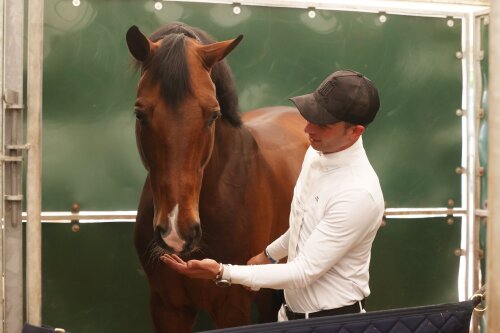A new research from Ukrainian scientists has proven that stress has a bigger influence on the body of horses as exercise. They recorded more negative metabolic changes in horses after emotional stress than after exercise. The scientists conclude trainers should take this into account when working with horses to enable them to cope, the researchers suggested.
Twelve horses from a training group were used, all of whom were clinically healthy. These horses were not specifically employed in races, but were mostly used for the training of junior riders and sportsmen of different levels. Blood samples were taken from the jugular vein in conditions of relative rest after ordinary training, they said.
Samples were again taken after the emotional stress of being involved in entertainment performances, during which a large number of people were present and loud music was played. Bayeva and Zhegunov analysed a raft of biochemical indicators in the samples, including whole protein, urea, creatinine, uric acid, total bilirubin and its fractions, glucose, cholestererol, triacylglycerol, calcium and ferrum lactate.
They said they were then able to determine reasonably accurately the adaptation of the horses under exercise and emotional loading. The pair outlined what they described as multi-directional changes in the level of biochemical indicators in the blood serum, which was evidence of stress in the metabolic processes.
“Concentration of a biomarker of an oxidative stress, uric acid, increased after physical loading by 8.6%, and after emotional loading by 55.1%, which demonstrates that emotional stress had the more negative effect, indicating insufficient adaptation by the horses before demonstration performances.”
source: Horsetalk



